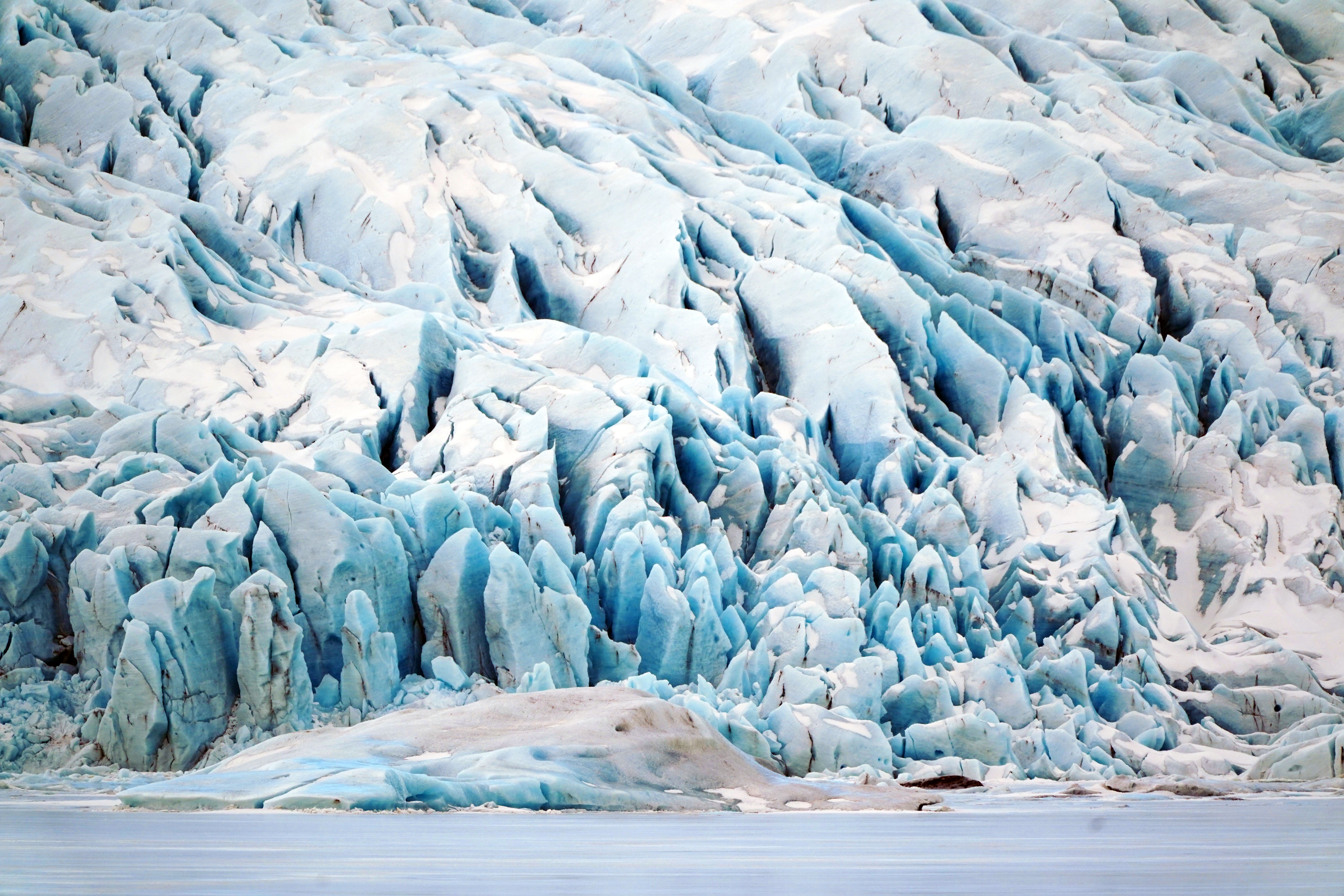Extreme weather may push ecosystems into collapse ‘much sooner’ than thought
Droughts, wildfires and other extreme events triggered catastrophic tipping points in 15% of modelled scenarios, scientists found.

Your support helps us to tell the story
From reproductive rights to climate change to Big Tech, The Independent is on the ground when the story is developing. Whether it's investigating the financials of Elon Musk's pro-Trump PAC or producing our latest documentary, 'The A Word', which shines a light on the American women fighting for reproductive rights, we know how important it is to parse out the facts from the messaging.
At such a critical moment in US history, we need reporters on the ground. Your donation allows us to keep sending journalists to speak to both sides of the story.
The Independent is trusted by Americans across the entire political spectrum. And unlike many other quality news outlets, we choose not to lock Americans out of our reporting and analysis with paywalls. We believe quality journalism should be available to everyone, paid for by those who can afford it.
Your support makes all the difference.Extreme weather such as wildfires and droughts could trigger ecosystem collapse even if other, more significant environmental stresses are kept under control, according to a new study.
A “perfect storm” of unsustainable land use, agricultural expansion, climate change and extreme weather bringing fires and floods are rapidly endangering natural systems, scientists said.
Those extreme events could be enough to tip some systems into a spiral of collapse and bring forward their predicted occurrence by as much as 80%. The Amazon rainforest, for example, may collapse several decades before the time predicted by the Intergovernmental Panel on Climate Change (IPCC).
Using computer modelling, a UK research team looked at two lake and two forestry ecosystems, including the collapse of the Rapa Nui people of Easter Island, who are thought to have over-exploited the island’s resources.
The scientists ran their model over 70,000 times for each ecosystem, adjusting variables each time. Up to 15% of collapses occurred because of new stresses or extreme events, even if the main stress, like deforestation, was kept constant.
Ongoing stresses and extreme events interact to accelerate rapid changes that may well be out of our control. Once these reach a tipping point, it’s too late
Dr Gregory Cooper, from the University of Sheffield’s Institute for Sustainable Food and co-author of the study, said: “All four of the ecological systems we looked at showed the same overall outcomes.
“This has potentially profound implications for our perception of future ecological risks. While it is not currently possible to predict how climate-induced tipping points and the effects of local human actions on ecosystems will connect, our findings show the potential for each to reinforce the other.
“Any increasing pressure on ecosystems will be exceedingly detrimental and could have dangerous consequences.”
Scientists are concerned that tipping points – natural feedback loops that cause further global warming separately from human emissions – could be triggered even if the Earth’s temperature is limited to 1.5C above pre-industrial levels.
Other studies have suggested there could be a 50-50 chance of triggering tipping points such as melting of the Greenland and West Antarctic ice sheets, tropical coral reef die-off and loss of the Barents sea ice at 1.5C.
The Earth has already warmed by 1.2C with the remaining 1.5C expected to be crossed within the next few decades.
Previous studies of ecological tipping points suggest significant social and economic costs from the second half of the 21st century onwards. Our findings suggest the potential for these costs to occur much sooner
Extreme climate events have been increasing since 1980 and continued warming will increase their number still further. The new study, published in the journal Nature Sustainability, suggests they may be the final trigger that pushes these tipping points over the edge.
Professor Simon Willcock, of Rothamsted and Bangor University – who co-led the study, said: “Over a fifth of ecosystems worldwide are in danger of collapsing. However, ongoing stresses and extreme events interact to accelerate rapid changes that may well be out of our control. Once these reach a tipping point, it’s too late.
“In the past two years, the world has come together around the climate and ecological crises through the UN climate change and biodiversity conferences. But we should remember that the causes of the crises are interlinked, that they have already collided, and that inaction over both may result in dire consequences.”
The IPCC has estimated that the Amazon may reach a tipping point sometime soon before the end of the century, but the current study’s authors say drought and wildfires may damage the forest’s ability to produce its own rainfall, dry it out further and push it towards collapse much earlier.
Professor John Dearing, of the University of Southampton and one of the co-authors, said: “Previous studies of ecological tipping points suggest significant social and economic costs from the second half of the 21st century onwards. Our findings suggest the potential for these costs to occur much sooner.”